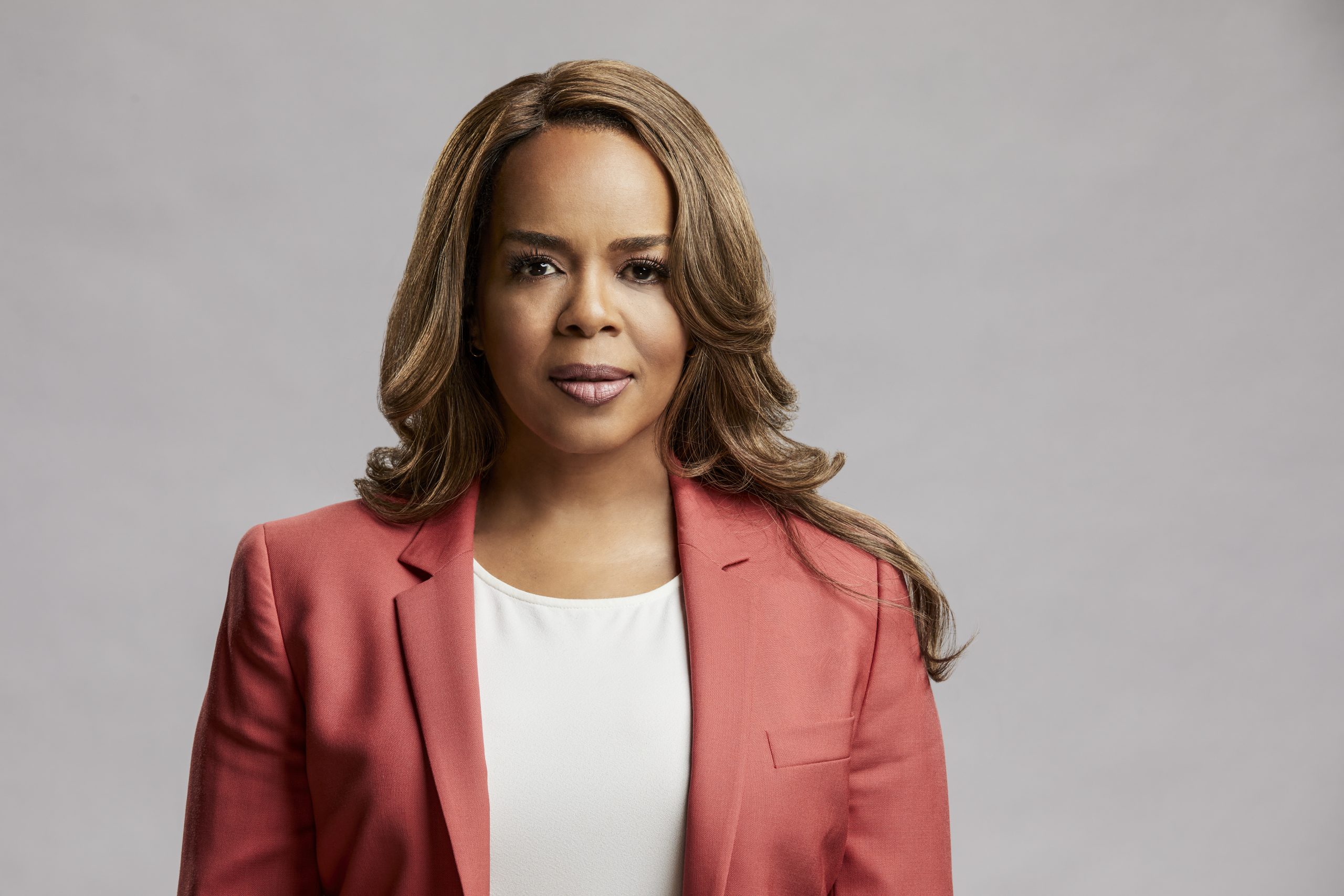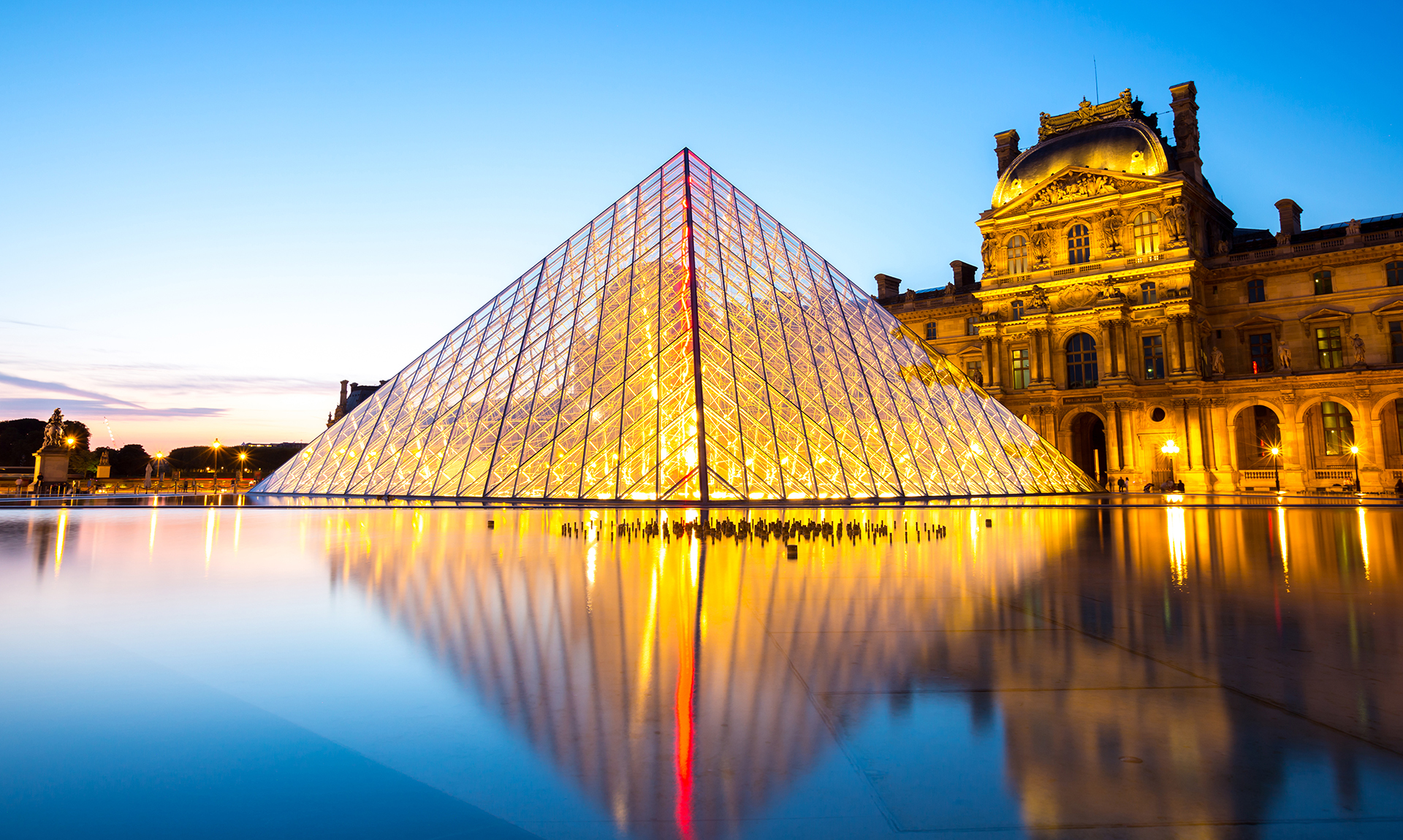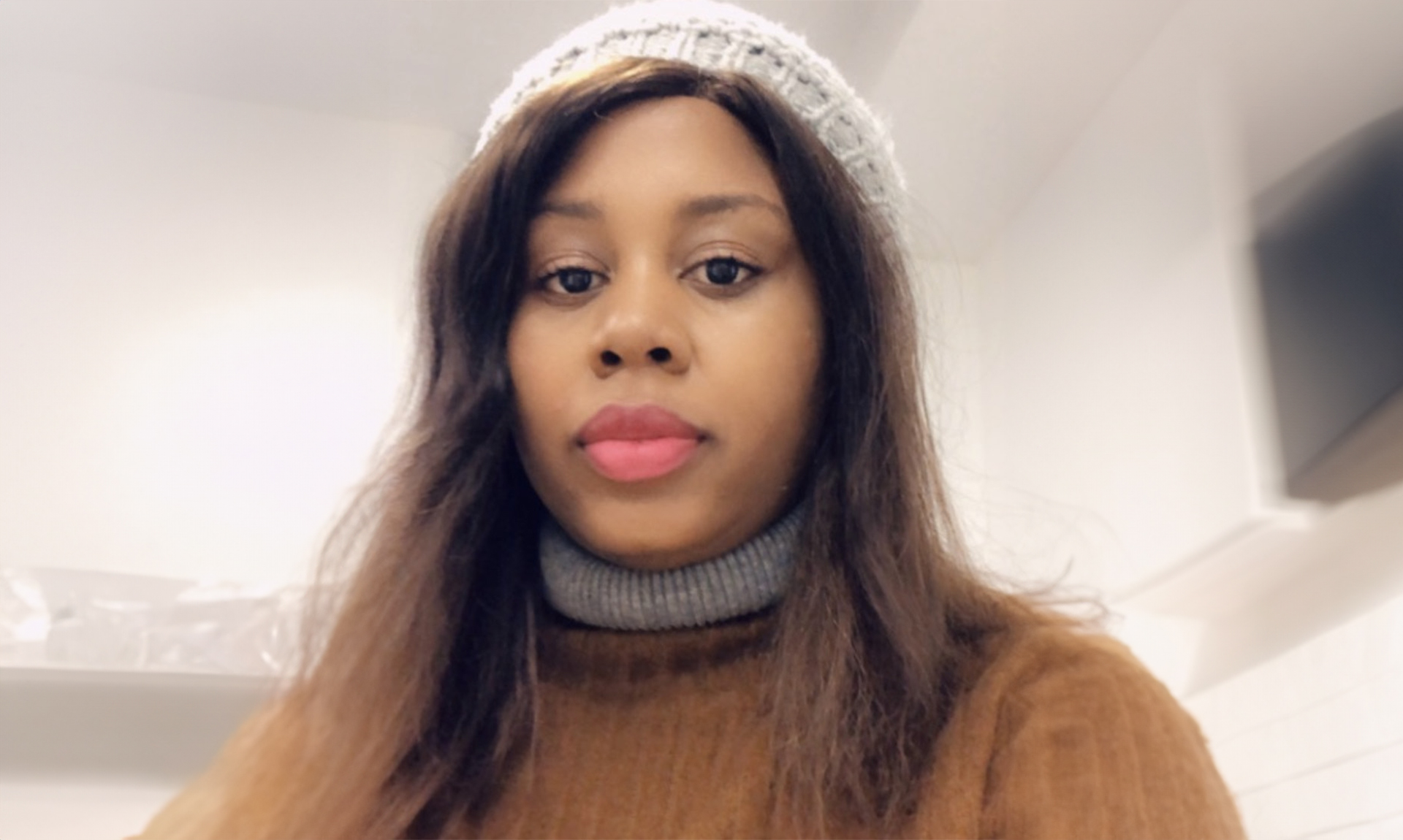
Blessing Nigeria
My name is Blessing Dahwong Gadi. Dahwong means sweet mother, beautiful mother, or a good mother. I am from Kaduna State in the Northwest region of Nigeria. I am married to an extremely supportive man and a mother of two excellent little boys. I am studying for a PhD in Management, and my key area of research is in leadership.
Mothers play a significant role in the home and society, and as a little girl, I was already playing a significant role in my community. Growing up in Nigeria, I was surrounded by many friends. I loved people and always liked to see them happy. I would often get the children in my area, particularly those in my age group, to come together to sing, dance, and tell stories and sometimes I would suggest to them that we sweep the staircases and surroundings. We were living in a high-rise residential building, popularly known as a block of flats, in Festac Town Lagos, Nigeria. There were times when my dad would return from work and see me sweeping the staircases, and by the time I was done and returned to the house, he would look at me, smile and say ‘Mamana ke nan’, which, in the Hausa language means “this is my mother”; the look on his face was saying ‘well done, you have done a good job’.
I didn’t know it at the time, but I was unconsciously providing community service. All I knew was that I wanted to keep the environment clean for everyone and that I wasn’t doing it to get paid or even for some recognition.

As I got older, I began to understand that I felt compelled to serve and enhance my community and that it was something that had been in me from a very early age. I became passionate about leadership, women’s development and empowerment and most importantly their sustainability.
As a Nigerian woman, I have a good grasp of what life looks like for women in my home country. As I grew up, I began to see, feel, and understand the struggles of women in Nigeria, and that women and girls deserve better lives.
Many of the difficulties that women are facing are a result of the cultural, traditional, religious, and political ideals and the patriarchal nature of the country where women are expected to be seen but not heard.
In Nigeria, I have personally been confronted because I am a woman. I can vividly recall in 2014, I was at this office in Nigeria to authenticate my results, I met a few both young and older people in front of the office waiting for the same thing, we began having conversations on various topics and a young man turned to me, asking what class of degree I had graduated with from my undergraduate studies. I told him the class and final grade point and he was vexed and said to me ‘‘What! A woman like you, how could you have got a better grade than a man’’.
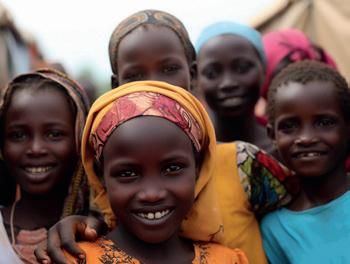
Unfortunately, this is the reality of many women in Nigeria, no matter how good you are, you are not expected to go beyond ‘second place’.
I have always been one to stand up for myself, I do not allow anyone to trample over me because I am a woman, but that day was the first time I was shocked and speechless.
The challenges women face in Nigeria daily are affecting the confidence, development, health, and general wellbeing of women.
The truth is women in Nigeria are frequently treated like second-class citizens even in this present day. Some families do not allow their girl child to go to school because of her gender or they marry off a girl against her wish after her primary or secondary school. It really hurts to see this happening to another human being just because of their gender.
In Nigeria, I have friends and random women, who have shared their experiences with me, things they have had to put up with because of their gender. For example, being stopped against their will from developing their career, taking a job, or even going to school, among other things because someone they are answerable to feels that as women their life should begin and end in the living room, in the kitchen and in the bedroom.
With this mentality, I am afraid of what becomes of delivering the SDGs (Sustainable Development Goals) by 2030. Speaking about what life is like for women in Nigeria, comes with deep emotions.
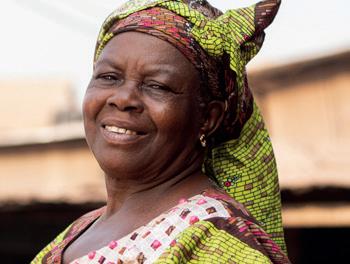
From my experience and the experiences of other women, I wish the world could be kinder to women. I wish more people, both men and women, could work together towards the sustainable development and empowerment of women.
As my name Dahwong suggests I am a mother figure and just like every mother, I wish the best for my kids, and for my sisters.
I am enthusiastic and passionate to see more developed and empowered women in society, community, nation and the world at large.
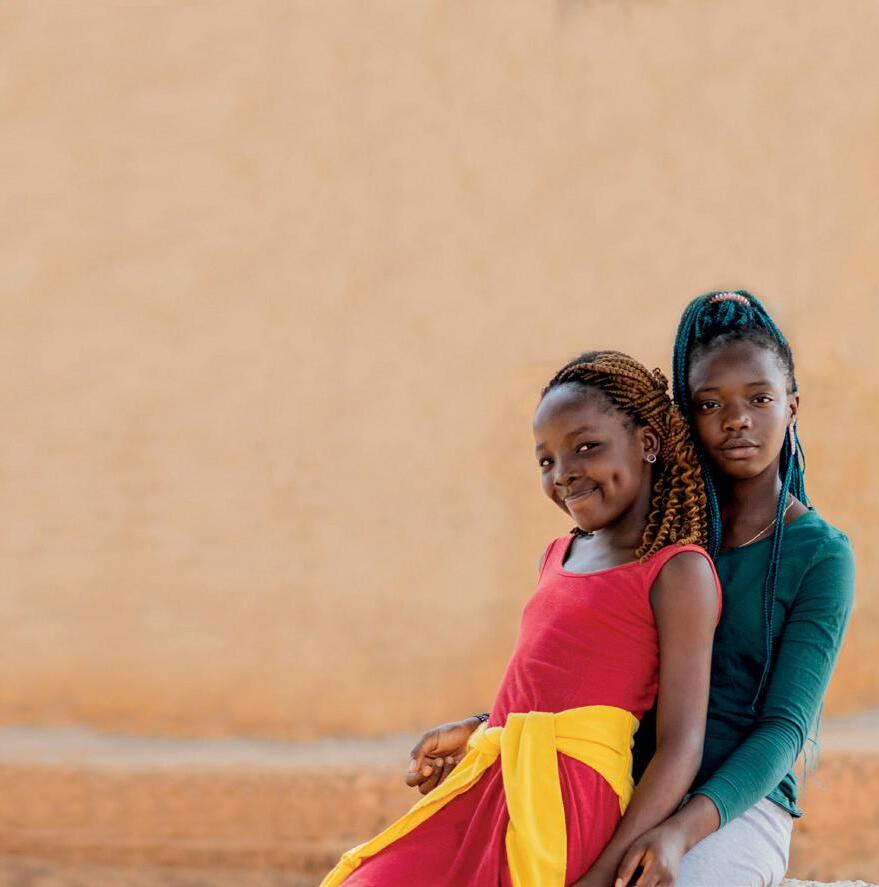
There’s a quote which says, ‘Empowered women, empower women’. I look forward to fully being a part of a group/organisation which focuses on women’s issues. Despite the challenges that come with being a woman, I have been determined over the years, and that is why I am here today getting empowered with knowledge, for personal development and the betterment of others.
“Sometimes we try to live up to our names. Sometimes we try to run away from them. But either way — and for all the options in between — your name is a crucial factor in developing your sense of self, and thus helps propel you forward on various paths of life and career”.

